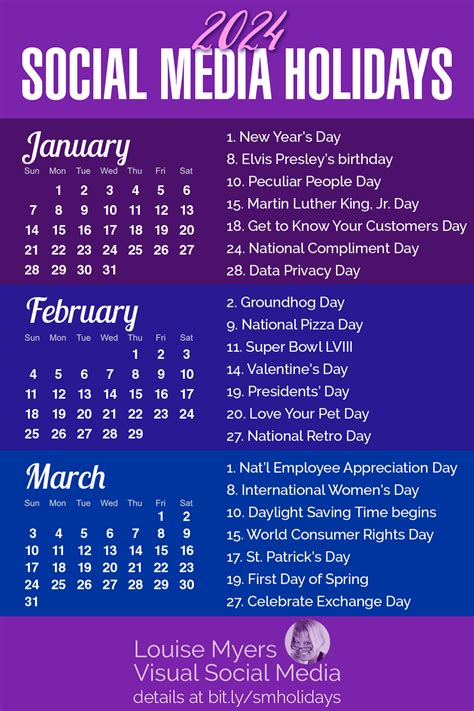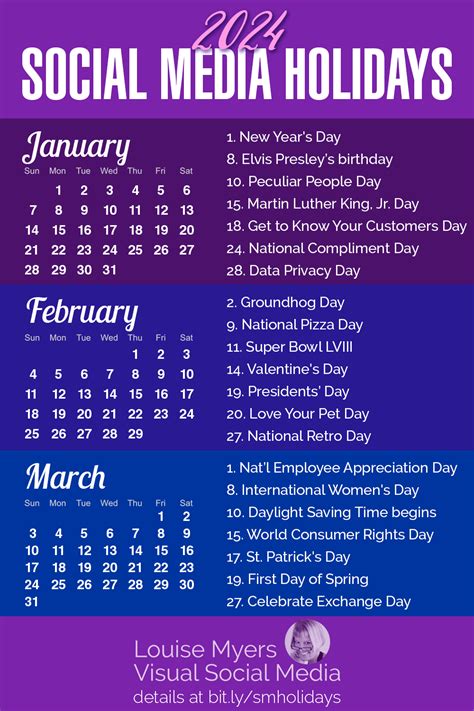Discover the latest social media trends and innovative customer engagement strategies for 2024. Learn how to leverage analytics and personalized communication techniques for measuring success.Social media has become an integral part of businesses’ marketing and customer engagement strategies. With the rapidly changing landscape of technology and digital platforms, it’s crucial for businesses to stay ahead of the curve and adapt to the latest trends and tactics. In 2024, the role of social media in enhancing customer engagement is more important than ever. This blog post will explore the key trends in social media for 2024, innovative strategies for engaging with customers, the power of social media analytics, personalized communication techniques, and how to effectively measure the success of customer engagement efforts. By staying informed and utilizing the latest tools and techniques, businesses can effectively leverage social media to create meaningful connections with their customers and ultimately drive success in the digital age.
Social Media Trends in 2024
In 2024, the world of social media is expected to see significant changes and developments, affecting the way businesses and individuals engage with each other. One of the major trends in social media will be the rise of personalized content and experiences. With the increasing use of artificial intelligence and machine learning, social media platforms will be able to deliver more tailored content to individual users, leading to a more engaging and relevant user experience.
Another trend that will shape social media in 2024 is the growing importance of video content. As internet speeds continue to improve and mobile devices become more advanced, video is expected to dominate social media feeds. Businesses will need to adapt their content strategies to include more video content in order to stay relevant and engage with their audience effectively.
Furthermore, the use of augmented reality (AR) and virtual reality (VR) on social media is expected to become more mainstream in 2024. This technology will allow users to interact with brands and products in more immersive and interactive ways, leading to higher levels of engagement and brand loyalty.
In conclusion, the trends in social media for 2024 are likely to be centered around personalized content, video dominance, and the integration of AR and VR. As businesses navigate these changes, it will be crucial for them to stay ahead of the curve and adapt their strategies to meet the evolving demands and behaviors of social media users.
Innovative Customer Engagement Strategies
When it comes to customer engagement, the strategies used by businesses are constantly evolving. With the rise of social media and digital technologies, it’s more important than ever for companies to find creative ways to engage with their customers. One innovative strategy that has gained traction in recent years is the use of personalized communication techniques.
By tailoring their messages and content to meet the specific needs and interests of individual customers, businesses can create a more meaningful and personalized experience. This can lead to higher levels of engagement and customer satisfaction, ultimately driving loyalty and repeat business. Another innovative approach is leveraging social media analytics to gain insights into customer behavior and preferences.
By tracking and analyzing social media metrics, businesses can better understand what resonates with their audience and adjust their strategies accordingly. This can help them to create more targeted and effective content, leading to stronger engagement and a deeper connection with their customer base. Finally, it’s important for companies to measure the success of their customer engagement efforts.
By using tools such as surveys, feedback forms, and customer satisfaction metrics, businesses can gain valuable insights into how well their strategies are working. This data can then be used to refine and improve their approaches, ensuring that they are always staying ahead of the curve when it comes to customer engagement.
Leveraging Social Media Analytics
Social media analytics have become an invaluable tool for businesses looking to understand and engage with their customers more effectively. By harnessing the power of data from platforms such as Facebook, Twitter, and Instagram, companies can gain valuable insights into customer behavior, preferences, and trends.
One of the key benefits of using social media analytics is the ability to track and measure customer engagement. By monitoring metrics such as likes, shares, and comments, businesses can gain a better understanding of how their content is resonating with their audience and make informed decisions about their future social media strategies.
Another advantage of leveraging social media analytics is the ability to identify and capitalize on emerging trends. By analyzing data on popular hashtags, topics, and conversations, companies can tailor their content to better align with what is currently capturing the attention of their target audience.
| Benefits of Social Media Analytics |
|---|
| Track and measure customer engagement |
| Identify and capitalize on emerging trends |
In conclusion, leveraging social media analytics is essential for businesses looking to enhance their customer engagement strategies in 2024. By harnessing the power of data from social platforms, companies can gain valuable insights and make informed decisions that will ultimately lead to more meaningful and impactful interactions with their audience.
Personalized Communication Techniques
Personalized communication techniques are essential for businesses looking to create meaningful connections with their customers in 2024. With the increasing saturation of digital marketing, consumers are becoming more selective about the content they engage with, making personalized communication a critical strategy for success.
One effective approach to personalized communication is leveraging customer segmentation. By dividing your customer base into smaller, more specific groups based on demographics, interests, or behavior, you can tailor your messaging to speak directly to their individual needs and preferences. This level of personalization can greatly enhance the overall customer experience, leading to increased engagement and brand loyalty.
Another valuable technique is the use of dynamic content. This involves creating content that can be customized based on the user’s interactions and behaviors. For example, personalized product recommendations or tailored email campaigns can significantly improve the relevance and impact of your communications, ultimately driving higher levels of engagement and conversion.
Furthermore, businesses can utilize predictive analytics to forecast consumer behavior and preferences, allowing them to proactively personalize their communication strategies. By analyzing past interactions and leveraging data-driven insights, companies can anticipate the needs and desires of their customers, delivering targeted and highly relevant messaging that resonates on a personal level.
Measuring Customer Engagement Success
In today’s digital age, businesses are constantly striving to find new ways to measure customer engagement success on social media. With the ever-changing landscape of online interactions, it’s essential for companies to stay ahead of the curve and implement innovative strategies to track and analyze their performance.
One effective method for measuring customer engagement success is through the use of social media analytics. By utilizing advanced tools and platforms, businesses can gain valuable insights into their audience’s behavior, preferences, and interactions. From tracking likes, shares, and comments to monitoring click-through rates and conversion metrics, there are countless data points that can be used to assess the impact of a company’s online efforts.
Furthermore, businesses can leverage personalized communication techniques to enhance customer engagement and, in turn, measure their success. By tailoring content to specific audience segments and individuals, companies can create more meaningful connections and encourage higher levels of interaction. This personalized approach allows for more accurate measurement of engagement, as it fosters a deeper level of connection and responsiveness from consumers.
Ultimately, by implementing innovative customer engagement strategies and leveraging the power of social media analytics, businesses can more effectively measure the success of their interactions with customers. Through these methods, companies can gain a better understanding of their audience, tailor their approach to meet consumer preferences, and ultimately drive higher levels of engagement and satisfaction.
Frequently Asked Questions
What are the current trends in customer engagement through social media?
The current trends include personalized interactions, user-generated content, and influencer collaborations.
How can businesses use social media to enhance customer engagement?
Businesses can use social media for customer service, community building, and sharing valuable content and promotions.
What are the potential challenges of using social media for customer engagement?
Challenges may include managing brand reputation, handling negative feedback, and keeping up with algorithm changes.
What are some effective social media engagement strategies for 2024?
Effective strategies include interactive polls, live Q&A sessions, and behind-the-scenes content sharing.
How can businesses measure the impact of their social media engagement efforts?
Businesses can use metrics such as likes, comments, shares, and conversion rates to measure the impact of their social media engagement efforts.
What role does customer feedback play in social media engagement?
Customer feedback is critical for businesses to understand their audience, improve their products or services, and build loyalty.
What are some examples of brands effectively using social media for customer engagement?
Examples include Wendy’s witty Twitter responses, Airbnb’s user-generated Instagram content, and Starbucks’ interactive Facebook campaigns.



